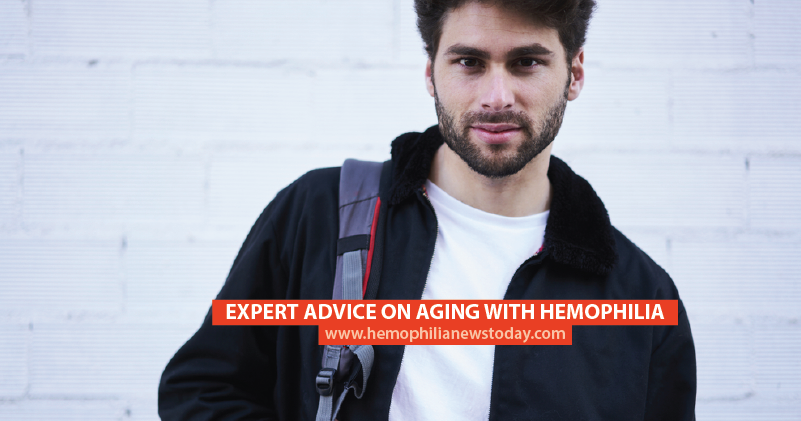Expert Advice on Aging With Hemophilia

As you age, it’s likely you’ll find yourself facing several health concerns, some which are even more probable if you have hemophilia. Some of these are quite difficult to prevent, but with a little extra care, you can reduce your risk. Here are some tips from Living With Hemophilia to help you look after yourself (and stay as healthy as possible) as you get older.
Stay active
Regularly go to the gym if you can. Choose weight-bearing exercises to help keep your bones healthy. But only do so if your joints will allow it. If you’re not sure what movements would be best for you try, talk to a doctor or a personal trainer.
Blood pressure
Test your blood pressure on a regular basis. You can do it at home, a local pharmacy or a clinic. It should be around the higher register of 140/90 mmHg.
Control your cholesterol
It’s very easy to have high cholesterol. It’s a good idea to talk to a doctor about what you can do to lower your cholesterol or maintain it as is. You should always try to keep your total cholesterol/HDL ratio eight or lower.
MORE: 10 tips for a ‘common sense approach’ to life with a chronic illness
Diet
If you feel you need help controlling your weight, you may want to consider speaking to a dietitian. You may either want to lose weight to try and improve your health and decrease your chances of developing conditions like diabetes or heart problems. Alternatively, you may want to maintain or try to increase you weight. Either way make sure to keep an eye on any nutrient deficiencies like calcium or vitamin D to prevent osteoporosis and check your blood sugar every year in case of diabetes.
Consider the differences of aging as a hemophilia patient
Older people are often told to take an aspirin each day to help prevent blood clots, however, patients with hemophilia should not. Erectile dysfunction is also a common condition as you ge and you may need to speak to a doctor about medication. Do be aware however that if you have hemophilia, ED treatments have been known to cause nosebleeds.
These are just some factors that differ from the “regular” problems you should look out for as you grow older. Look to those who usually help you with your treatment so they can help you deal with age-related issues as they come your way.
MORE: The challenges of caring for older hemophilia patients
Hemophilia News Today is strictly a news and information website about the disease. It does not provide medical advice, diagnosis, or treatment. This content is not intended to be a substitute for professional medical advice, diagnosis, or treatment. Always seek the advice of your physician or other qualified health provider with any questions you may have regarding a medical condition. Never disregard professional medical advice or delay in seeking it because of something you have read on this website.






